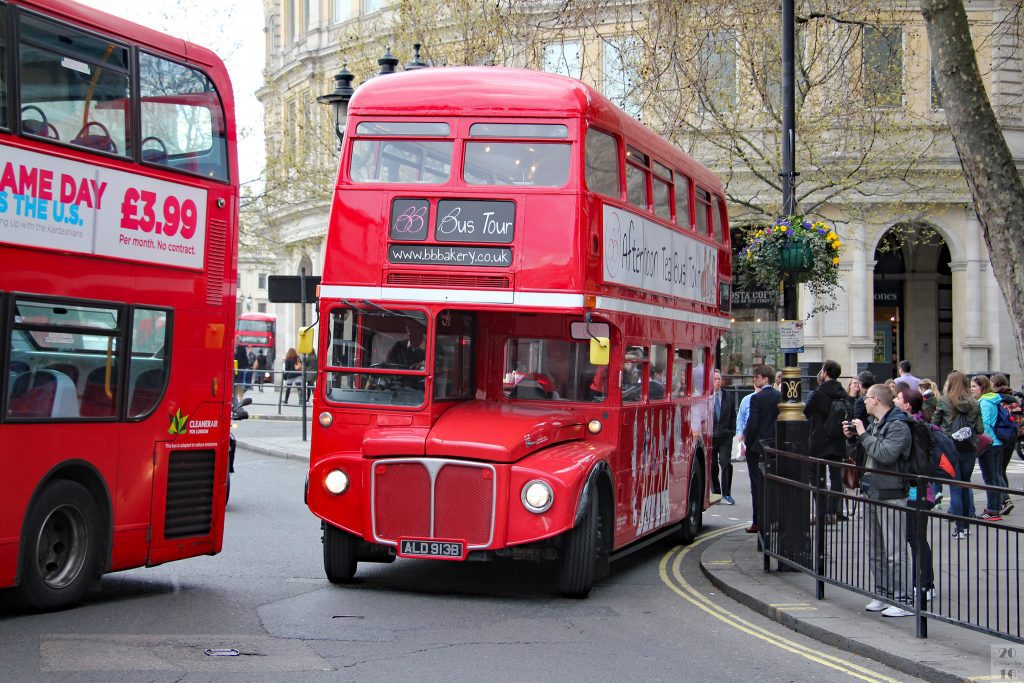Skift Take
The moment the industry has been clamoring for seems to be here — rich nations agreeing to drive global standards for the restart of international travel. It's not perfect, but it's a long awaited start.
It took nearly two years of a deadly global pandemic that also decimated the tourism and aviation sectors and left hundreds of thousands jobless — but the world’s richest countries and most influential tourism source markets have finally reached an agreement that collaboration and transparency are the key to emerging out of Covid faster and ensuring a sustainable recovery of the travel industry.
Currently presided by the UK, the G7 nations — which include the U.S. France, Germany, Italy, Canada, and Japan, as well as the European Commission and the European Union — committed on Thursday to aligning on the restart of international travel.
Leaders laid out seven key principles they will adhere to for a “future-proofed international travel sector,” that will drive global standards for a long lasting recovery and future policy responses, including:
- Future-proofing the transportation sector against future health threats
- Ensuring the fair treatment and safety of essential transport personnel
- Respecting privacy and data protection in implementing vaccination certification solutions
- Reaffirming the pre-eminence of scientific evidence in planning international travel policy
- Ensuring fairness and equity in respective national responses
- Maintaining regular international and multilateral engagement
- Delivering a safe, sustainable and resilient recovery that addresses climate change
This news comes ahead of the U.S. reopening to vaccinated travelers in November, and days from the UK simplifying its highly criticized and confusing “traffic light system” starting on October 4, scrapping pre-travel testing for fully vaccinated travelers entering the country. The agreement to align also precedes the upcoming International Civil Aviation Organization’s conference on Covid-19 which will tackle a common approach to the recovery of the aviation sector.
“Under the UK’s presidency of the G7, we are determined to get people travelling abroad as freely and safely as possible and the progress made today between all G7 nations is testament to this vision,” said UK transport secretary Grant Shapps in a release.
The answer is likely to lie in the numbers — notably, the billions lost in transatlantic and regional tourism revenue since Covid hit.
Perhaps the most eyebrow raising of the agreed standards is principle 5, which addresses vaccine equity and states the G7 nations “should promote a global framework for the safe and sustainable resumption of international travel that considers issues of equity among countries at different stages of vaccine rollout or with different technological capabilities and the protection of those with highly vulnerable populations.”
It is unclear at this time whether this will lead to G7 nations easing vaccine recognition rules, or whether this principle overrules the UK’s recent announcement that only fully vaccinated travelers originating from a narrow list of rich nations will be exempt from a 10-day quarantine, a policy that has received strong backlash from developing countries that received vaccine donations from the UK.
Reaching uniformity on vaccine recognition will be one of the biggest hurdles ahead for the recovery of international travel, parallel to non-G7 nations getting access to Covid vaccines.
For now, however, the ongoing uncertainty and economic impact of the pandemic has forced these primary tourism source market leaders to come together on a common approach to a lasting international travel recovery. Better late than never.
The Daily Newsletter
Our daily coverage of the global travel industry. Written by editors and analysts from across Skift’s brands.
Have a confidential tip for Skift? Get in touch
Tags: coronavirus recovery, international travel
Photo credit: G7 nations finally agree to align on the recovery of international travel, just as the UK eases its entry rules. Can Pac Swire / Flickr Commons
